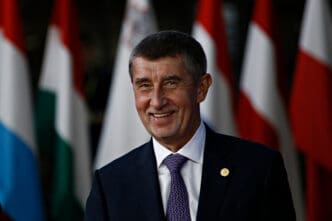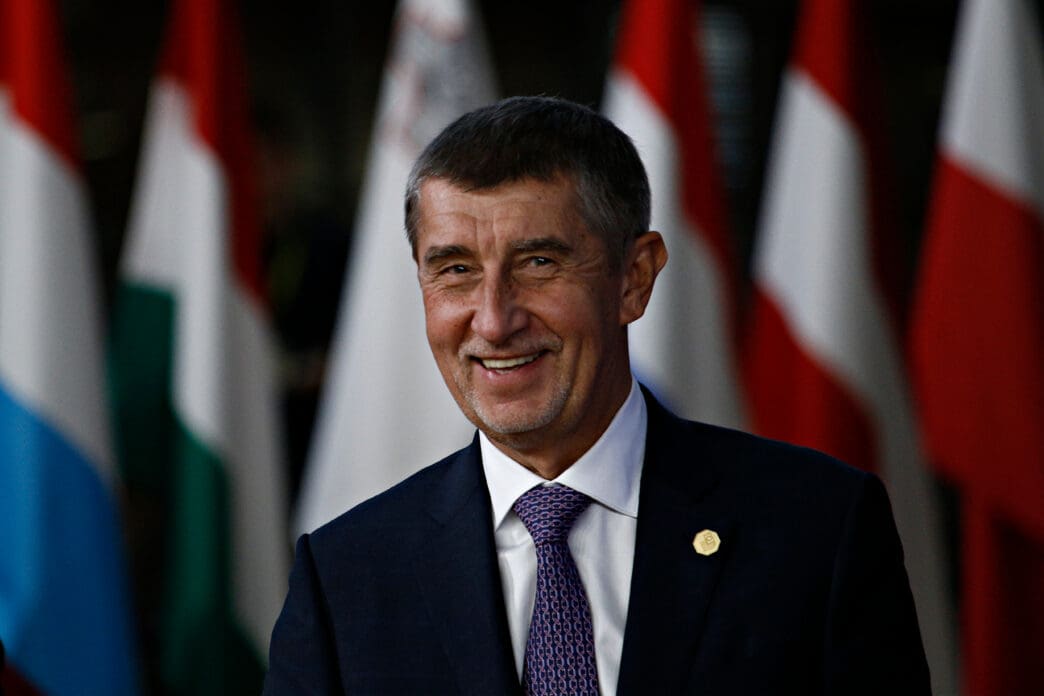Executive Summary
The Story So Far
Why This Matters
Who Thinks What?
Billionaire Andrej Babis’s ANO party has secured a victory in the Czech Republic’s parliamentary election on Saturday, October 4, 2025, positioning him to form a new government. The win for the populist, anti-immigration leader could signal a shift in the central European nation’s foreign policy, potentially reducing support for Ukraine and aligning more closely with Europe’s populist movements.
Election Results and Coalition Prospects
Babis announced his intention to form a one-party cabinet, though he acknowledged the need for support from smaller parties, including the far-right SPD, as ANO will not hold an outright majority. He also refuted accusations that his leadership would undermine the Czech Republic’s reliability as a partner within the European Union and NATO.
“We want to save Europe … and we are clearly pro-European and pro-NATO,” Babis told reporters following the election. His party is set to replace the current center-right cabinet led by Prime Minister Petr Fiala, who has conceded defeat.
Throughout his campaign, Babis promised faster economic growth, higher wages and pensions, and reduced taxes, alongside tax discounts for students and young families. These pledges, estimated to cost billions of euros, resonated with many Czech citizens who have experienced a decline in real incomes due to recent soaring inflation.
However, Babis faces several obstacles before becoming prime minister, including ongoing conflict-of-interest laws related to his ownership of a chemicals and food conglomerate, and long-standing fraud charges concerning an EU subsidy from over 15 years ago, which he denies.
With 99% of voting districts reporting, ANO led with 34.7% of the vote, while the Spolu coalition placed second with 23.2%. Projections suggest ANO will secure approximately 80 seats in the 200-seat lower house, necessitating coalition discussions.
President Petr Pavel is expected to initiate talks with party leaders on Sunday to appoint the next prime minister. Babis has indicated he will engage in discussions with the Motorists, who oppose the EU’s Green policies, and the anti-EU, anti-NATO SPD party, both of whom have expressed openness to talks.
SPD Deputy Chairman Radim Fiala stated that supporting even a minority ANO cabinet would fulfill their election goal of ending Petr Fiala’s government. Meanwhile, fringe pro-Russian parties, including the SPD and the far-left Stacilo!, generally performed below expectations, with Stacilo! failing to reach the 5% parliamentary threshold.
Babis’s Policy Stance and European Alignment
Babis, who previously led a center-left cabinet from 2017 to 2021, has evolved from a proponent of joining the euro to a eurosceptic. He is known as a supporter of President Donald Trump, having distributed “Strong Czechia” baseball caps inspired by Trump’s “MAGA” slogan.
An ally of Hungarian leader Viktor Orban, Babis has partnered with several far-right parties in the European Parliament under the “Patriots for Europe” group. This alliance aims to challenge mainstream European policies, particularly regarding decarbonization.
While rejecting calls from the SPD for a referendum on leaving the EU and NATO, Babis has stated his intention to end the “Czech initiative,” which has facilitated the purchase of millions of artillery rounds for Ukraine with Western donor funding. ANO advocates for NATO and the EU to manage aid for Ukraine and has abstained from some European Parliament votes supporting Kyiv and its EU membership bid, which Babis has previously opposed.
Outlook for the Czech Republic
Andrej Babis’s election victory marks a significant moment for the Czech Republic, pointing towards a potential shift in domestic and foreign policy. His administration is expected to prioritize economic growth and social benefits, while his eurosceptic and populist leanings could reshape the nation’s engagement within the European Union and its stance on international conflicts.








